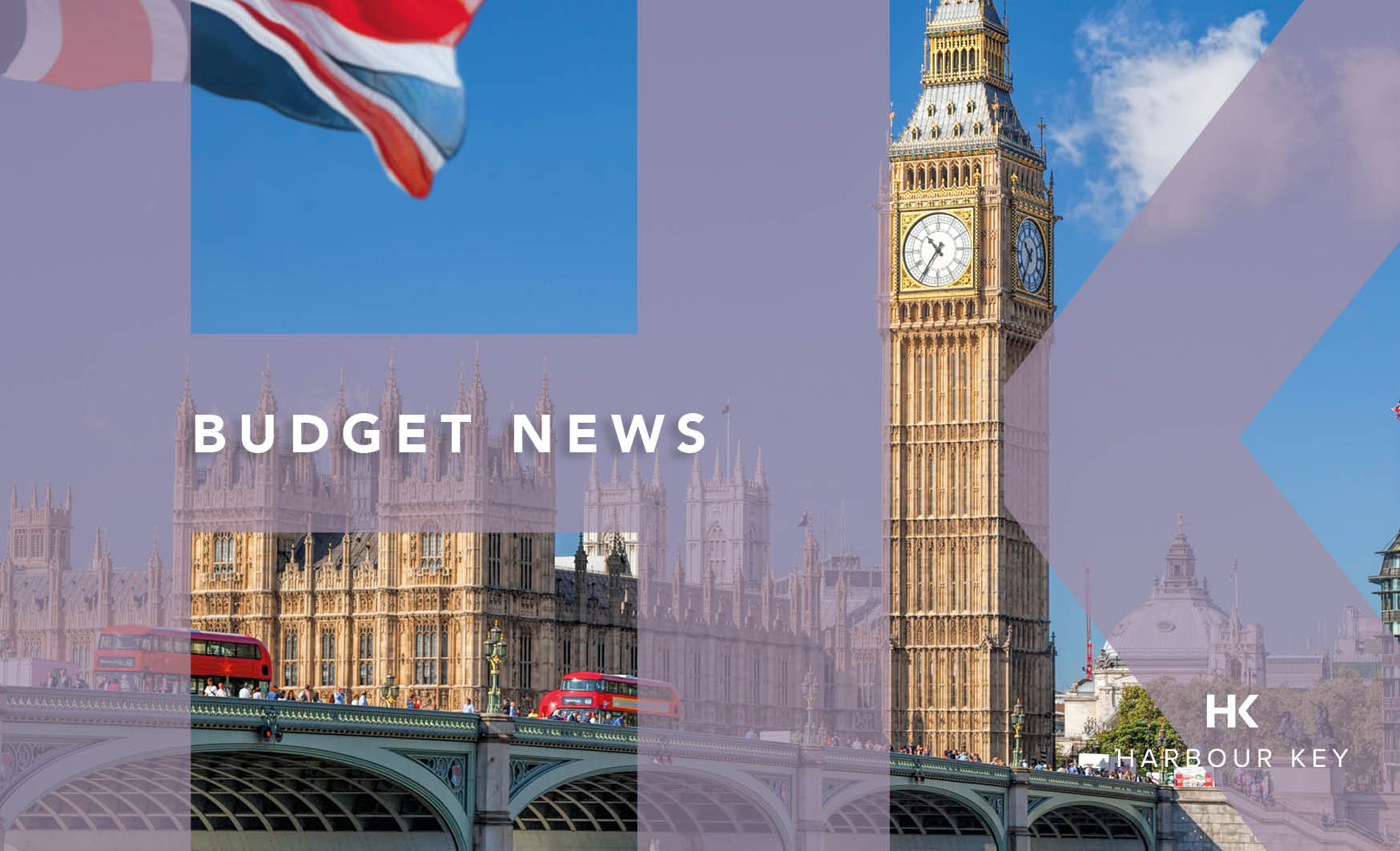Spring Budget 2017 Predictions
The Chancellor of the Exchequer, Philip Hammond, will deliver his first and the last Spring Budget on Wednesday 8 March 2017. You will recall that in his Autumn Statement, he is doing away with a spring budget.
Recent strong tax receipts and the resilience of the economy following the Brexit vote provides the Chancellor with a £29bn windfall in next week’s Budget, according to a think-tank, which has predicted a drop in Government borrowing. The Resolution Foundation believes that borrowing forecasts will be cut by £29 billion between 2015-16 and 2020-21. That would leave the deficit at £16 billion in 2020-21.
The surge in monthly tax receipts, means the Chancellor has a rare opportunity to deliver tax cuts and make simplifications to support small and medium-sized businesses. However, in our view, tax giveaways are extremely unlikely ahead of the Brexit negotiations and signs that the UK economy may start to slow down. The Chancellor may look at ways to support UK-based businesses and sending a positive signal to the international business community, that the UK is open for business. In addition, more capital infrastructure spending is expected although expect Government department spending cuts to continue.
It is our view that not a lot of immediate tax changes, i.e. those taking place immediately on or 6th April, will be introduced unless targeted anti-avoidance, will be announced. We predict a number of consultations or reviews to be announced with a view to changes in the Autumn Statement later this year.
-
Corporate taxes already gradually reducing to 17% over the next few years, could announce a reduction to 15% to make Britain more attractive to international businesses.
-
The Government is aware more people are starting to use companies to hold their buy-to-let property investments, in light of the interest relief restrictions which will start to take effect from 6 April 2017. The Government could react by changing the rules to prevent the use of companies, although this would be an unwelcome and punitive measure. Alternatively, a higher corporation tax rate could be announced for companies, which are not defined as trading companies.
-
Abolish the additional 8% which applies to capital gains on residential property. Currently residential property gains are taxed at 28% compared to 20% normal rate of capital gains tax. By reducing the rate for buy-to-let investors it may incentivise property sells, especially with the restriction of mortgage interest relief which is phased in form 5th April 2017, with one of the Government’s aims to free up housing for first time buyers. -
Introduce measures to “soft” the significant impact that some businesses will suffer on the increase in business rates in April.
-
Employment status and the use of personal service companies is back on the agenda, after being parked following the Brexit vote. Although no change expect in the spring budget, we predict a review of the tax system for self-employment and those who operate via a personal service company. There has been plenty of press stories over the last month on this subject, particularly with some changes come in to force on 6th April, impacting those individuals who operate a personal service company to provide services to Government bodies. In round sums, an individual on an income of £100,000, if employed, when combined with the employers NIC pays £40,000 on their earnings, the self-employed pay about £35,000 and those using personal service companies £33,000. The tax difference is viewed as a hole in the Treasury budget, as individuals working arrangements change.
The Chancellor stands at 12.45pm on Wednesday 8th March and Harbour Key will send out its usual update of the highlights shortly after to all our social media platforms.




